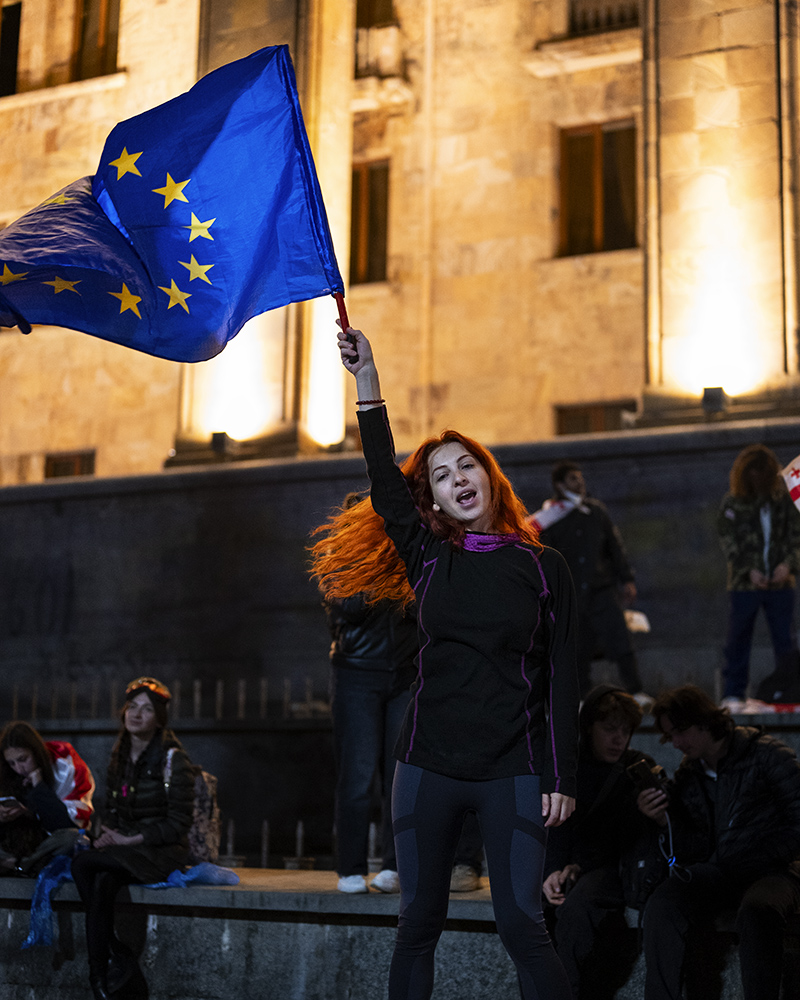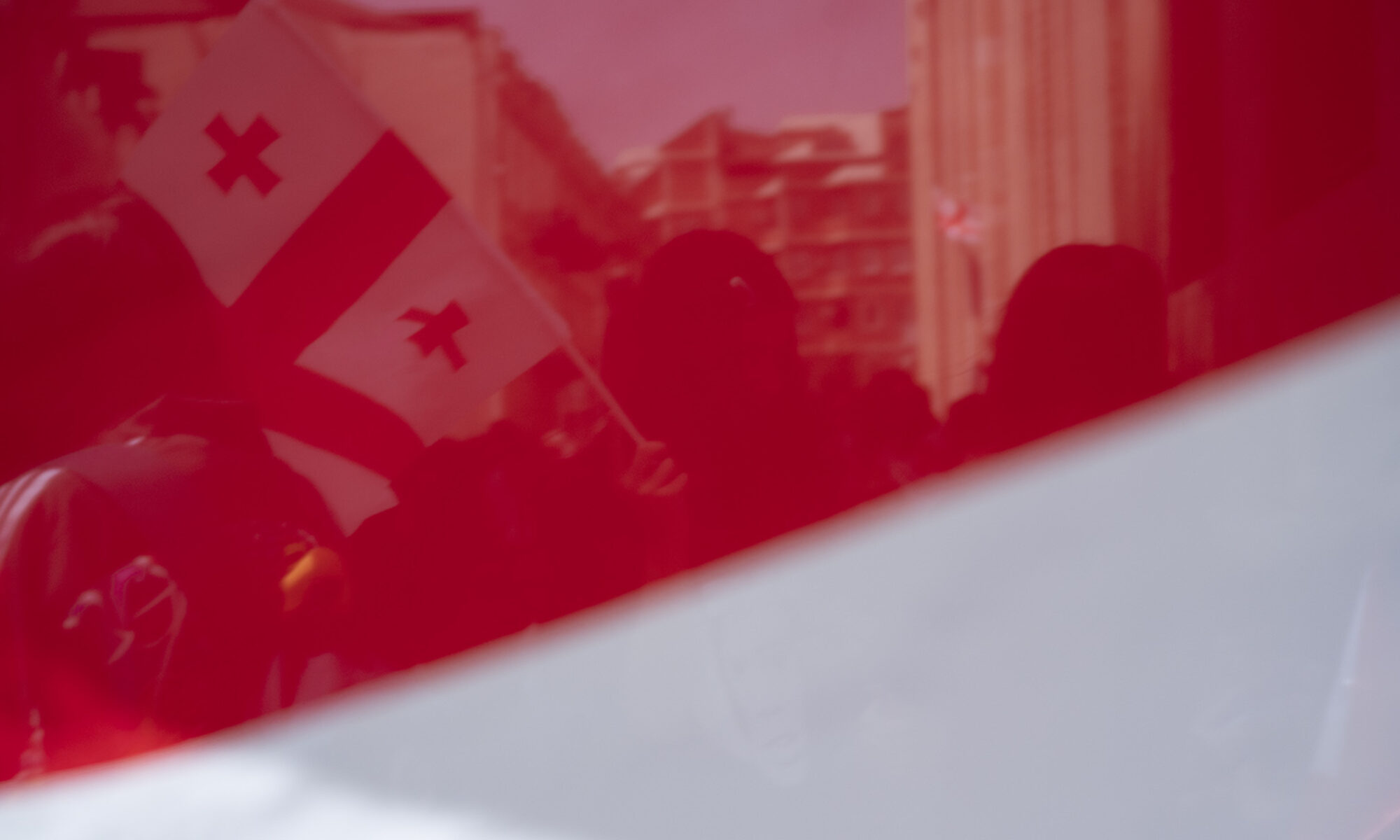After days of relative calm, filled with debates over whether the Georgian opposition was capable of providing viable alternatives to the Georgian people, tensions have reignited following the disputed first session of parliament after the October 26 election. All it took was a spark to bring the protests back to life.
That spark came from Prime Minister Irakli Kobakhidze, who announced that Georgia would suspend EU accession talks until 2028 and refuse any budgetary support from the EU until then.
The announcement, widely perceived as evidence of the government’s pro-Russian orientation—something it had previously masked with hollow commitments to the European path—triggered immediate outrage. Thousands of people once again took to the streets in protest, not only in the capital, Tbilisi, but also in other cities like Batumi, Kutaisi, and Zugdidi.
In Tbilisi, protesters were joined by President Salome Zourabichvili, who directly confronted the police. However, riot police later cracked down on demonstrators, specifically targeting journalists and media personnel covering the events.
But the flames of discontent spread beyond the streets. Kobakhidze’s remarks also sparked dissent within the government itself. Over 100 serving Georgian diplomats signed an open letter criticizing the suspension of EU accession talks.
A turbulent weekend lies ahead for Georgia. Now, it’s up to the international community to maintain—and even increase—its support in pressing for new and fair elections.
Look at this country. Look at these people.

